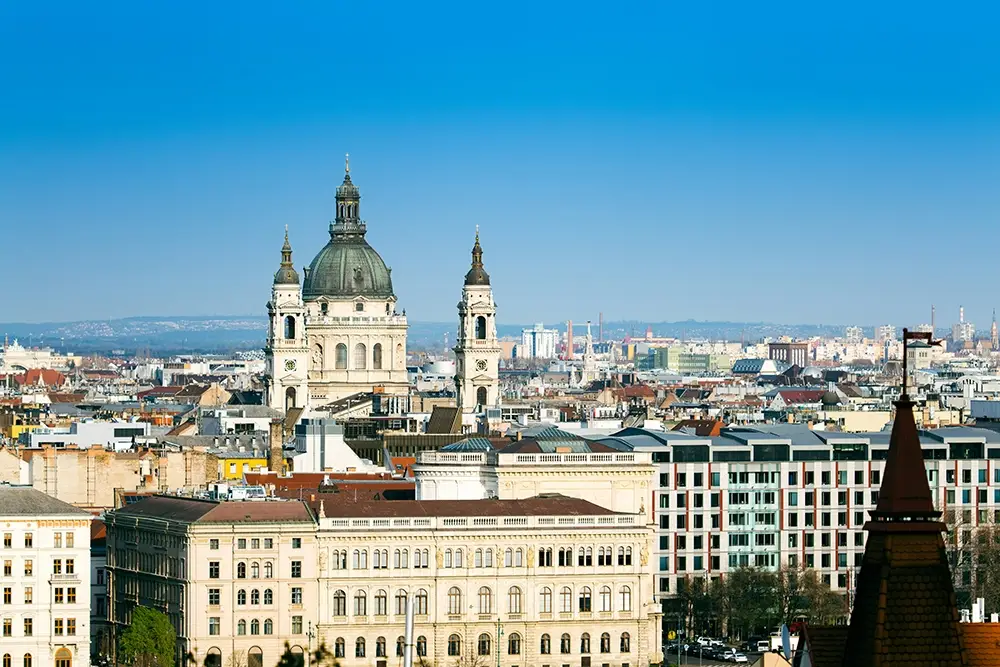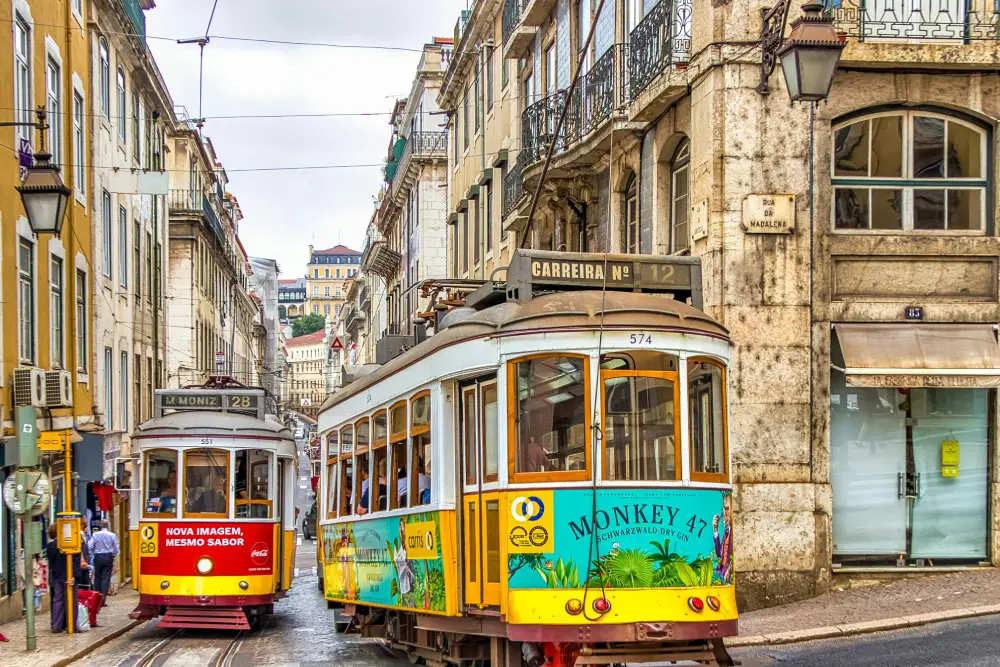In a significant shift, Spain has announced the termination of its Golden Visa program, marking the end of a popular route to European residency. This sudden change, announced in early 2024, has left many non-EU citizens reassessing their options.
The decision impacts thousands of potential investors who were considering Spain’s program as their gateway to European Union residency. But, for investors wanting to establish their lives in an EU country, this closure represents a broad transformation in how European nations approach investment migration.
Despite this development, residency in Europe remains highly attractive for its many benefits:
- Access to the Schengen Zone
- Robust healthcare systems
- Top-tier quality of life standards
- Tax optimization options
- World-class education opportunities
- Sophisticated banking infrastructure
As a law firm with over three decades of experience in investment migration, Harvey Law Group has guided countless families through the array of residence permit programs not only in Europe, but around the world. Our global presence and understanding of EU immigration law position us uniquely to help investors navigate this industry.
Read Also : Europe Golden Visa Programs: Status Update for 2025
After reading this article, you’ll understand which alternative Golden Visa programs still offer viable paths to EU permanent residence and even citizenship. First, let’s explore what’s transpired in Spain. Then, we’ll explain the various routes to residency and citizenship in Europe through Spain and other countries:
Spain’s Golden Visa Termination
Launched in 2013, Spain’s Golden Visa program has been a cornerstone of European investment migration for over a decade. The program offers non-EU citizens and their families a clear path to obtain residency through various investment routes (real estate investment has been the most popular).
The investment threshold of €500,000 in Spanish property has made it particularly attractive for investors who wanted to legally reside in an EU member state.
Key Factors Leading to the Spain Golden Visa Terminated
Primary among the termination factors is the program’s impact on the local housing market. Although just 2% of recent real estate was purchased by investors via the Golden Visa program, the government has claimed that foreign investment has contributed to rising property prices in major cities. Price inflation in the housing market has made it increasingly difficult for Spanish citizens and EU residents to afford primary residences.
Additionally, concerns about the program’s effectiveness in generating meaningful economic benefits for the Spanish population – beyond the real estate sector – have led major political parties and the Spanish Prime Minister to this decisive action.
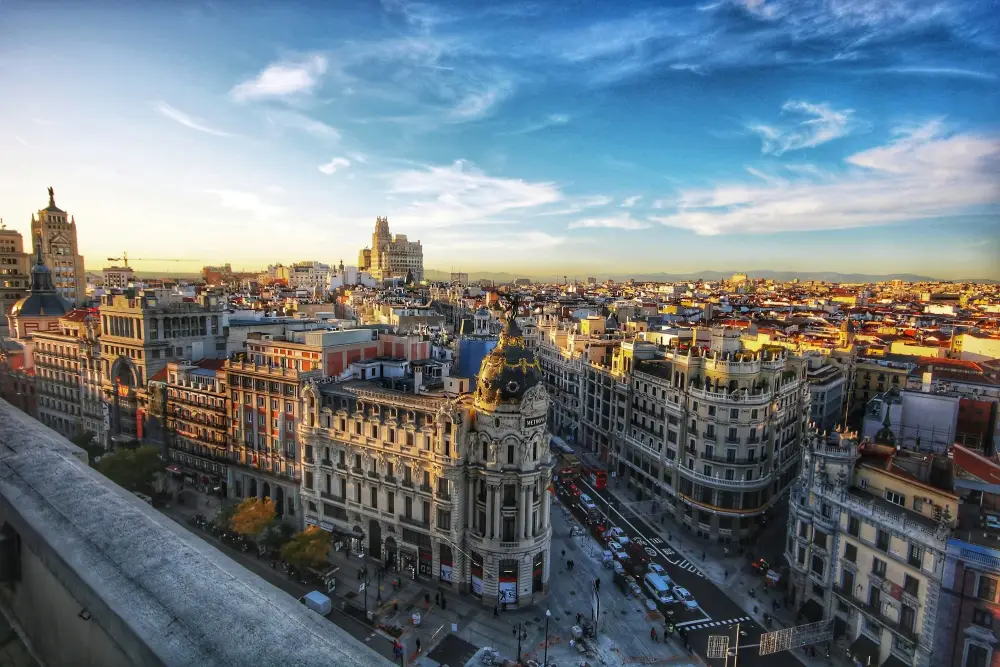
Immediate Implications for Current Applicants, Existing Permit Holders, and Real Estate Investors
For those who have already submitted or will submit their Golden Visa applications before the program officially closes on April 3, 2025, your cases will be processed under the existing legal framework. If you haven’t already sought it, we strongly advise professional guidance to ensure compliance – especially applications involving real estate investment during the transition period.
Those who have already purchased property but haven’t completed their residence permit application should immediately contact legal representation to a European residency
Existing permit holders can take some comfort in knowing that their current residence permits will remain valid. However, the renewal process may face additional scrutiny or potential changes. Those who have already established tax residency or achieved permanent long-term resident status in Spain may find themselves in a more secure position than recent applicants.
If you haven’t invested in Spain’s Golden Visa but want to explore alternative pathways to obtain residency in the EU country, we’ll walk through below several other visa categories in Spain and alternative Golden Visa programs in other European countries.
When is Spain Golden Visa Ending ?
The Spanish government has indicated a transition period for the program’s termination. By April 3, 2025, the immigration agency in charge of Spain’s Golden Visa program will no longer accept new applications but will continue to process submissions.
As we’ve observed with similar program closures (e.g. Cyprus citizenship by investment, Portugal residency by real estate investment, etc.) in other EU nations, the government has provided a reasonable window for stakeholders to explore alternative options for EU residence permits.

Remaining Pathways to Spanish Residency
While the Golden Visa program’s termination has closed one door, Spain does still offer several viable pathways for non-EU citizens to obtain Spanish residence permits. Let’s explore each route’s distinct advantages and requirements.
Non-Lucrative Visa Program
The Non-Lucrative Visa (NLV) remains an accessible option for those with sufficient income from sources outside Spain. Applicants must demonstrate approximately €2,400 in monthly income for an individual (€3,000 for couples, with more requirements for additional family members) or at least €30,000 in a savings account.
This temporary residence permit requires comprehensive health insurance coverage and prohibits working in Spain. However, it provides an excellent option for retirees with foreign income and pension sources.

Entrepreneur Visa
The Entrepreneur Visa program requires a detailed business plan that creates employment opportunities or contributes to technological innovation. While there’s no minimum investment requirement, applicants must demonstrate access to significant capital (usually €50,000-€200,000) and must obtain approval from the government for their proposed business in Spain. This path can lead to permanent residency after five years of legally residing in Spain.
Employment-Based Residence Permit
For those seeking employment in Spain, the country offers various options depending on qualification levels. The EU Blue Card, designed for highly qualified professionals, requires an employment contract with a minimum annual salary of €34,000. Additionally, the standard work permit requires employer sponsorship and passing a labor market test, though certain individuals may bypass this requirement.
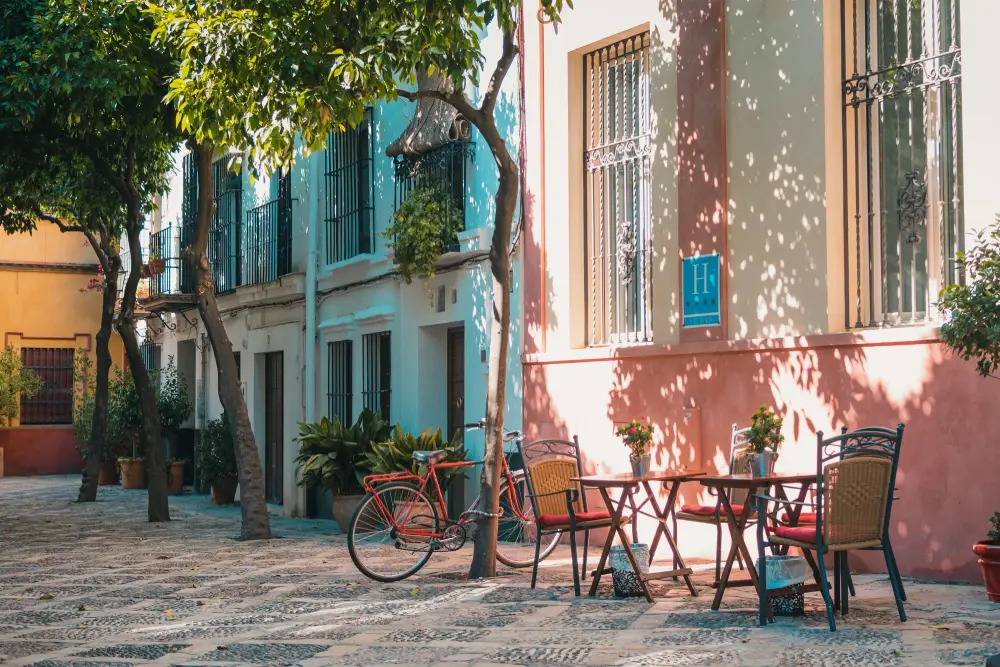
Family Reunification Options
For those who already hold Spanish residence permits, individuals can bring their spouse, children under 18, and dependent parents, provided they can demonstrate sufficient income and appropriate accommodation for their family. The application process typically takes 3-6 months, and family members receive temporary residency aligned with the main permit holder’s status.
Other Considerations
Long-term resident status becomes available after five years of continuous legal residence in Spain. This permanent residence permit offers more privileges but requires demonstrating basic knowledge of Spanish language and culture, along with proof of sufficient income and integration into Spanish society.
Spain bases tax residency obligations on physical presence (183 days per year) rather than immigration status. So investors should carefully plan their tax strategy, as Spanish tax residents must declare and pay tax on worldwide income – though double taxation agreements may provide relief depending on your other tax commitments (e.g. citizenship-based taxation in the United States).

Alternative Golden Visa Programs in the EU
While the opportunity to invest in Spain via the Golden Visa will be eliminated shortly, plenty of European countries still offer efficient paths to permanent european residency and even citizenship in the EU.
Portuguese Residence Permit
Even after significant modifications in late 2023, Portugal’s Golden Visa program remains one of Europe’s most popular paths to EU residency. As a result, Portugal will likely see increased interest following the termination of Spain’s Golden Visa.
The program offers foreign investors a few strategic advantages in obtaining EU residence permits. In the past, foreign investment heavily favored the traditional real estate investment option. Now, Golden Visa investments are largely focused on Portugal’s interior regions and venture capital and private equity funds.
Read Also : Portuguese Golden Visa Program: New Benefits Explained for 2025
Investment thresholds
The current version of Portugal’s program offers several investment thresholds for obtaining a temporary european residency permit. The most popular routes include a €250,000 in artistic production or cultural heritage, a €500,000 investment in eligible and regulated funds, or the creation of ten permanent jobs through a €500,000 investment in a local Portuguese company.

Path to permanent european residency and citizenship
After maintaining the Golden Visa for five years, investors can apply for permanent residency or citizenship. The physical presence requirement is notably flexible, requiring only an average of seven days per year in Portugal during the first year and fourteen days per year for the subsequent two-year periods.
Other considerations
Portugal’s Non-Habitual Resident (NHR) regime used to offer significant advantages for Golden Visa holders who establish tax residency. This program provided a 10-year tax holiday on certain foreign-source income and a flat 20% tax rate on Portuguese-sourced income from high-value activities.
However, this program was struck down in 2023. Parliament has discussed a revised version of NHR but no new regime has been announced as of this writing.
Even so, tax residency requires spending more than 183 days in Portugal annually. So because of the low physical presence requirements for the Golden Visa, most investors will not become tax residents of Portugal.
Greece’s Golden Visa
Greece’s Golden Visa program is another of the EU’s most competitive residence permit schemes with some of the most affordable investment thresholds in the region. As legal practitioners who have guided numerous clients through the programs, we can attest to the program’s growing appeal among non-EU citizens.
Current investment options
The current investment framework provides multiple entry points, with real estate investment remaining the most popular route. The program requires a minimum investment of €250,000 in a Greek property purchase, significantly lower than most EU country alternatives. However, the real estate property must be renovated or converted from commercial to residential. If investors desire a direct real estate purchase, they can buy a property in lesser-populated areas for €400,000 or in densely-populated areas for €800,000 (regulations that are being adopted across European housing markets and Golden Visa programs to combat price inflation). Alternatively, investors can opt for a €400,000 investment in Greek government bonds or regulated investment funds.
Additionally, Greek Golden Visa investors are prohibited from earning short-term rental income from these properties to prevent the housing shortage from worsening.

Processing timeline
Processing timelines for Greek Golden Visas are notably taking 12-18 months from application submission to permit issuance. But thanks to decentralization of immigration processes, Golden Visa applications should be reviewed more quickly in the future. The initial permanent residence permit is valid for five years, provided the original investment is maintained.
If the investor and their family lives at least 6 months per year in Greece for 7 continuous years, they qualify for citizenship in Greece. However, because of the physical presence requirements for naturalization, investors would also become Greek tax residents. For permanent status in Greece while maintaining EU resident status, one is not required to stay in the country for any certain amount of time.
Other considerations
Family member inclusion in the permanent residency application is comprehensive, covering the investor’s spouse, children under 21, and dependent parents of both spouses. Each family member receives their own residence permit, allowing european residency rights in Greece and independent travel within the Schengen area.

Malta’s Golden Visa
Malta’s Permanent Residence Program (MPRP) stands out among European residence permit and investment programs for its combination of immediate permanent residency and tax benefits. As an EU member state with a Mediterranean location, Malta offers non-EU, third country individuals a path to residency in Europe that investors should consider.
Investment criteria
The investment criteria follow a clear three-pronged approach. First, investors must prove they have €500,000 in total capital assets. No minimum income is required.
Then, to obtain european residency permit in Malta, applicants must make a non-refundable contribution to the government of Malta and either purchase real estate or demonstrate an annual lease in the country. In the case of property purchase, the government donation is €80,000 and the property must be worth at least €375,000.
In the case of renting property in Malta, the contribution to the government of Malta is €110,000 and the annual lease must be at least €14,000. The final requirement involves a €2,000 donation to a registered Maltese charity.
Malta’s due diligence process is among the most thorough in the EU, reflecting the country’s commitment to accepting only reputable investors. While this process typically extends the application timeline to 4-6 months, it significantly enhances the program’s credibility and protects long-term resident status. Then, once investors have their EU residency permit in hand, they have residency rights in Malta and can travel visa-free to any other European country.
Other administration fees and additional costs for dependents may apply.
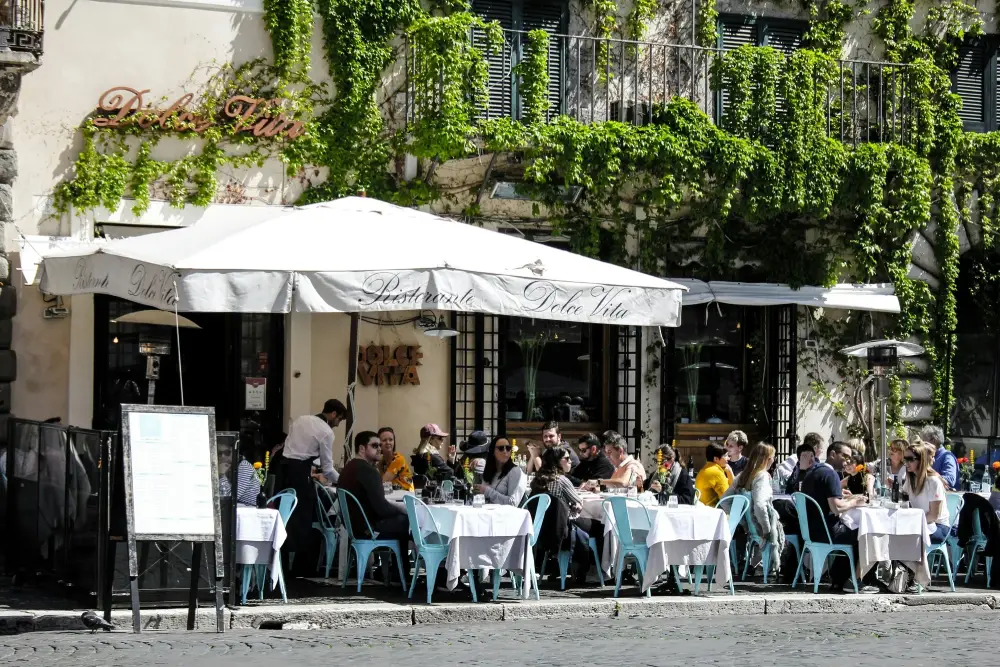
Benefits of a Maltese residence permit
MPRP is a certified EU permanent residence permit program. Therefore, the benefits are lifelong.
Residents gain immediate access to Malta’s high-quality healthcare system and education infrastructure. The program allows for family reunification, including spouse, children, and dependent parents or grandparents. Perhaps most significantly, there are no physical presence requirements beyond the first visit to provide biometrics, offering maximum flexibility for global entrepreneurs and investors.
If investors desire citizenship in Malta, Harvey Law Group recommends they spend significant time in the country due to its more stringent requirements for qualification.
The Schengen Area advantages are particularly noteworthy. As permanent residents of Malta, permit holders enjoy visa-free travel throughout almost all of Europe. This mobility right extends to all family members included in the application, making Malta a central hub for business and leisure travel within the European Union.
Lest we forget, Malta also offers a direct citizenship by investment program for non-EU citizens who want immediate access to the European Union.
Italy’s Investor Visa
Italy’s Investment Visa presents another opportunity for non-EU citizens seeking an EU residence permit. The Golden Visa program combines competitive investment thresholds and attractive tax benefits (especially for an EU country of its economic stature).
Investors can choose from several qualifying investment options, each designed to contribute meaningfully to Italy’s economy. The program requires a minimum investment of €250,000 in approved innovative startups based in Italy, €500,000 in equity in an Italian company, €2 million in Italian government bonds, or €1 million in philanthropic donations. These investments must be maintained for a minimum of two years to preserve residence permit status.
As several European countries struggle to keep up with demand in their Golden Visa programs, Italy stands as a hallmark for their processing efficiency, with initial approval typically secured within 30 days of application submission. The two-phase process begins with obtaining investment visa approval, followed by converting this into a two-year residence permit after arrival in Italy.

Taxes in Italy
Tax advantages through Italy’s special tax regime for new residents can provide significant benefits. High-net-worth individuals can opt for a flat tax of €200,000 on all foreign income.
The path to EU permanent residency requires five years of investment maintenance and physical residence (270 days per year), after which investors can get a residence permit. After physical residence of ten years, long-term EU residents in Italy can then apply for citizenship.
Cultural integration requirements reflect Italy’s emphasis on genuine connection with foreign nationals vying for citizenship. Applicants must demonstrate A2 level Italian language proficiency when applying for the permanent residence permit. This regulation ensures investors can meaningfully participate in Italian society.
Hungary’s Golden Visa
Of all the Golden Visa countries in Europe, Hungary’s residency by investment program has emerged as one of the most pragmatic.
Investment criteria
After eliminating their €500,000 direct real estate purchase option shortly before it was to be introduced, the current investment framework requires a qualified investment of €250,000 into designated Hungarian real estate funds or a €1 million donation to higher education institutions.
This investment threshold positions Hungary’s program among many European countries as one of the most accessible for non-European citizens obtaining an EU residence permits.
You might be interested in : Understanding the New Hungarian Golden Visa Program in 2025
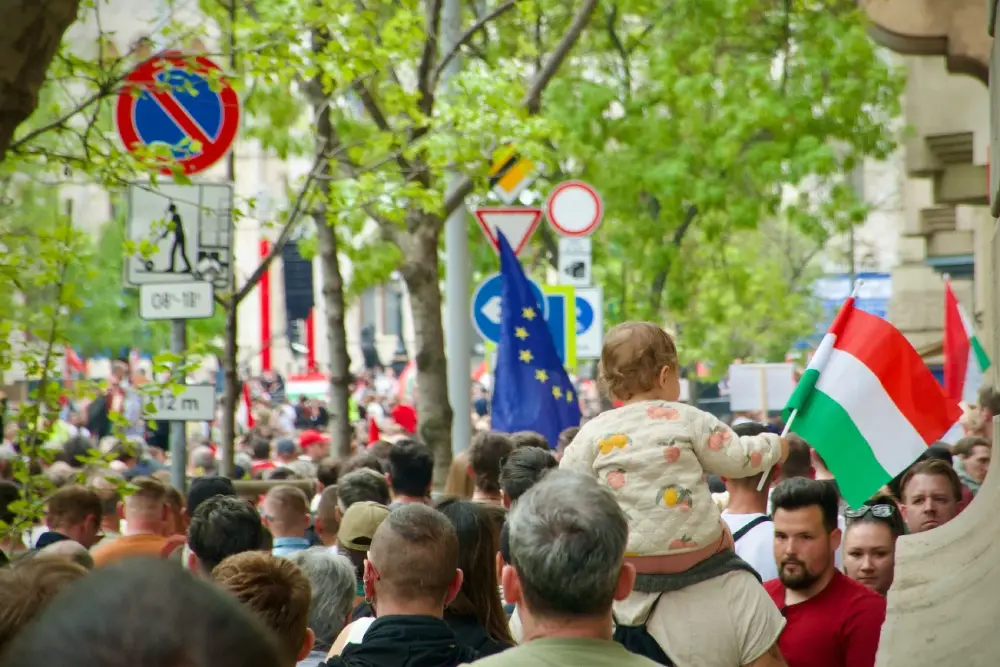
Path to permanent residency
The timeline to permanent residence is straightforward. Initial residence permits are valid for two years and renewable for three-year periods. Investors become eligible for permanent residency status, provided they maintain their investment, have health insurance in Hungary, fulfill presence requirements of 183 days per year for three years in Hungary, and pass a social coexistence civics exam.
The residence permit extends automatically to the investor’s spouse, dependent children under 18, and dependent parents, with each family member receiving individual permits.
European Union mobility rights granted through the Hungarian residence permit are substantial. Permit holders enjoy visa-free travel throughout the Schengen Area. After obtaining permanent residence and citizenship in Hungary, an investor would expand these rights significantly, allowing for residence, employment, and education opportunities in other EU countries.

Next Steps for an EU Residence Permit
While Spain’s Golden Visa termination marks a significant shift in the European residency by investment program landscape, several viable pathways remain available. For foreign investors and third country nationals seeking European residency, each offers its unique advantages for different investor profiles.
As a global law firm with over three decades of experience in investment migration, Harvey Law Group recognizes that successful European residence permit holders need more than just legal assistance. They need personalized guidance and consultation to meet minimum investment thresholds, apply successfully for the EU residency permit that exceeds their goals, and settle in their new host country.
Our approach combines deep legal expertise with personalized guidance to help investors navigate these complex programs and secure their long-term residency goals. Whether you choose to invest in a European country via real estate, government bonds, or business creation, we ensure each client’s journey to residency aligns with their broader goals for wealth preservation and their family.
For investors affected by Spain’s program closure, we recommend scheduling a consultation immediately to discuss your specific circumstances and identify your opportunities.

Frequently Asked Questions
How does Spain’s Golden Visa termination affect current permit holders?
Existing residence permit holders retain their status and renewal rights, though future renewals may face additional scrutiny. We recommend seeking professional and legal guidance for renewals.
Which EU country offers the fastest path to citizenship?
Portugal currently offers one of the most efficient paths, with citizenship possible after five years of investment maintenance and minimal physical presence requirements. Although most EU countries offer a path to citizenship just a few years longer.
Can family members be included in alternative Golden Visa programs?
Most EU residence permit programs extend benefits to a spouse, dependent children, and sometimes dependent parents, though age limits and criteria vary by country. Each member of the family needs health insurance coverage and may require additional investment, depending on the host EU country of investment.
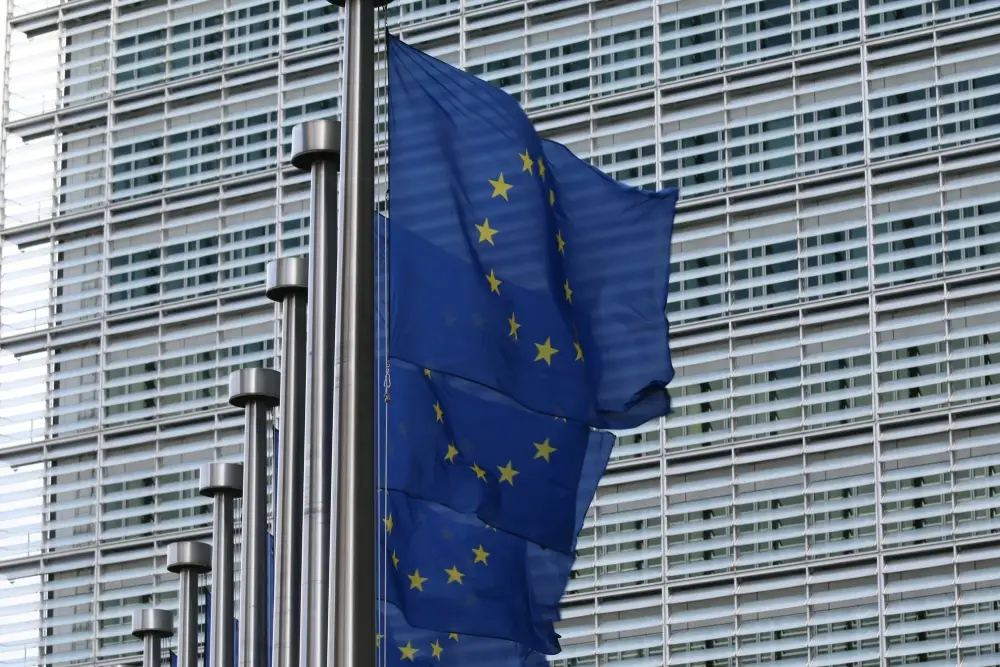
How can investors protect their investment when choosing alternative programs?
We recommend focusing on established EU residence permit programs and EU countries with credibility in investment migration. Clear legal frameworks and due diligence standards ensure your investment and immigration status are legitimate. Also, work with licensed legal professionals to structure investments appropriately and successfully apply for the program you desire.
What are the long-term implications for EU citizenship through these programs?
While most programs offer paths to permanent residence and potential citizenship, requirements (like physical presence, civics exams, societal ties, etc) vary significantly. Once one obtains citizenship in the country, they can live, work, study, and travel visa-free not only in one EU country, but throughout most European countries.



